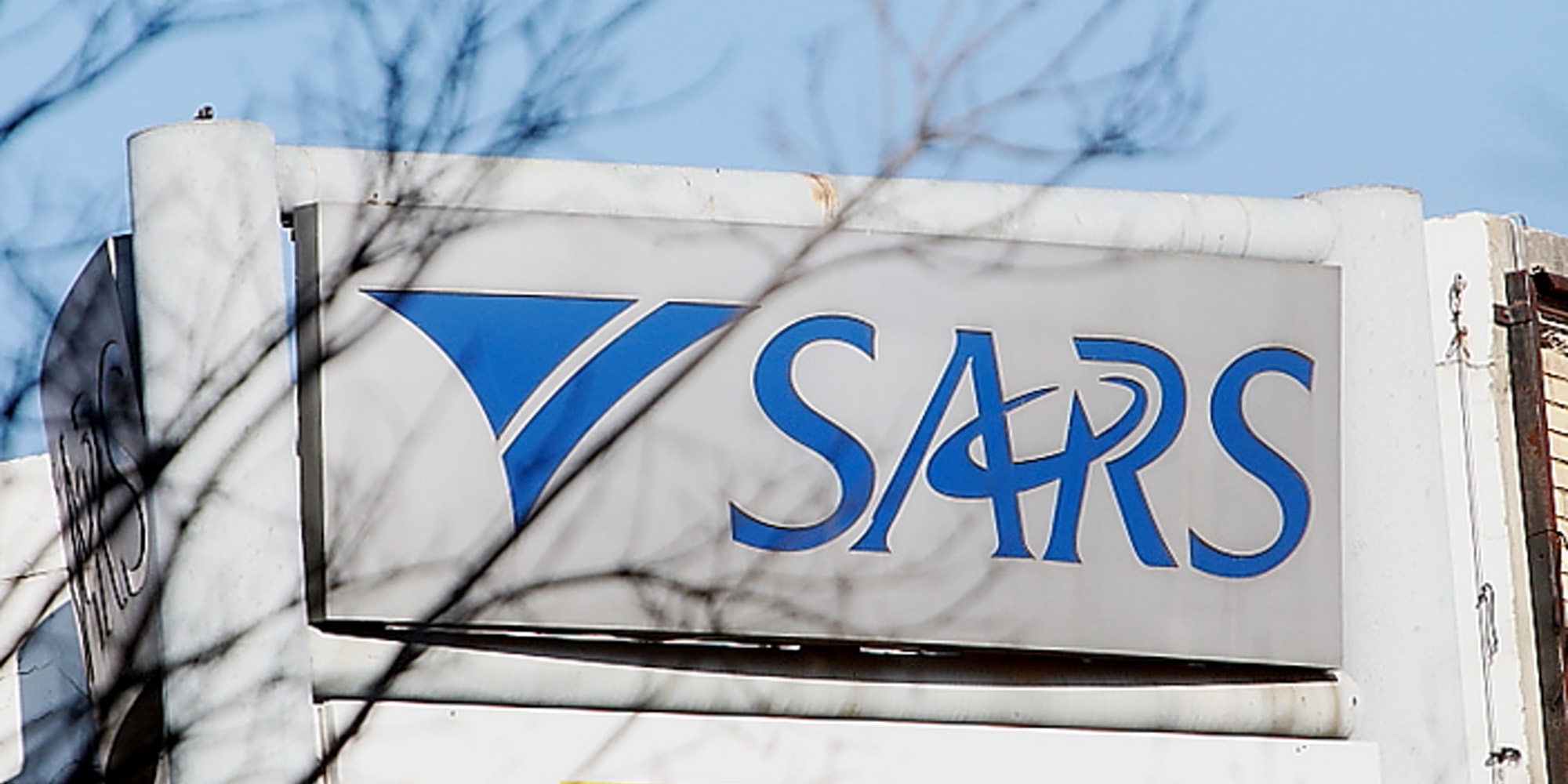The perception that the South African Revenue Service (SARS) is out to get the little guy is not true, insists commissioner Edward Kieswetter, who says he has the figures to back him up.
During his tenure as SARS deputy commissioner, which predated the State Capture era, Kieswetter was responsible for creating units that targeted high net wealth individuals and large corporations.
SARS re-established a division to focus on the tax affairs of the wealthy two years ago. And, in September last year, it issued a warning about heightened scrutiny of trusts, citing its analysis of tax compliance by trusts and beneficiaries.
The tax authority also launched “lifestyle audits” last year. These, Kieswetter explains, are audits that are triggered when taxpayers display wealth that cannot be reasonably accounted for.
Visit Daily Maverick’s home page for more news, analysis and investigations
“We find examples of people declaring a low income yet they have luxury cars or homes in Bantry Bay. We can check this because we have access to bank records, the deeds office register, and Natis [the National Traffic Information System, an electronic database that manages and tracks vehicle registration and licensing],” he says.
When it comes to trusts, Kieswetter says SARS is now looking at beneficial ownership.
“You may have bought a car through [a] trust, but often the beneficiary is the person who paid the money. We follow the money trail, and if you’re the beneficial owner, we would have to ask you how you obtained the money to buy the car if you haven’t disclosed income to afford it,” he says.
Minimising tax obligations
Kieswetter told Business Maverick that SARS has carried out 17 lifestyle audits in the year to January, raising assessments to the value of more than R200-million. Another 65 luxury vehicle audits yielded assessments worth more than R650-million.
He said wealthy individuals spend millions to create complicated structures that increase the gap between beneficial ownership and legal ownership. These arrangements often involve offshore entities, companies and trusts – all designed to minimise their tax obligation.
“We look for related party transactions,” Kieswetter says. “We have to provide South Africans with assurance that transactions have been handled properly in terms of foreign exchange regulations and tax disclosures.”
The Financial Action Task Force (FATF) greylisted South Africa on Friday, 24 February, after flagging strategic deficiencies to counter money laundering, illicit financial flows and terrorist financing.
Read more in Daily Maverick: “It’s official — South Africa fails to avoid greylisting”
Elzahne Henn, director and head of private clients at Mazars in South Africa, says SARS has identified significant noncompliance, in particular the number of beneficiaries of trusts who are not declaring distributions as well as trusts that are not registered as taxpayers.
Although all trusts have to be registered as taxpayers and file tax returns, Henn says the registration function on e-filing for trusts has been challenging.
“The system was enhanced this month [February] to allow capturing of the beneficial owner’s details to comply with the FATF requirements for beneficial owner transparency,” she says.
Significant discrepancies
Although South African tax law does not explicitly define beneficial owners, SARS guidelines state that the main trustee has to record the details of the trust founder, the trustees, donors (anyone who donates assets, income or any other property to the trust), protector and beneficiaries. This has to be done through the online query system.
Henn says the ultimate beneficial owner will always be a natural person. If the trust has legal entities listed as beneficial owners, the person who will benefit from the assets or income of a trust must be identified and their details disclosed. If a trust has more than 10 people listed as beneficial owners, the main trustee has to upload an organogram.
Significant discrepancies between distributions declared in the tax returns of beneficiaries and those declared in the tax returns of trusts have led to the introduction of third-party data reporting by trustees.
The first reporting date is still to be promulgated, but SARS has indicated that it will be September 2023. BM/DM





